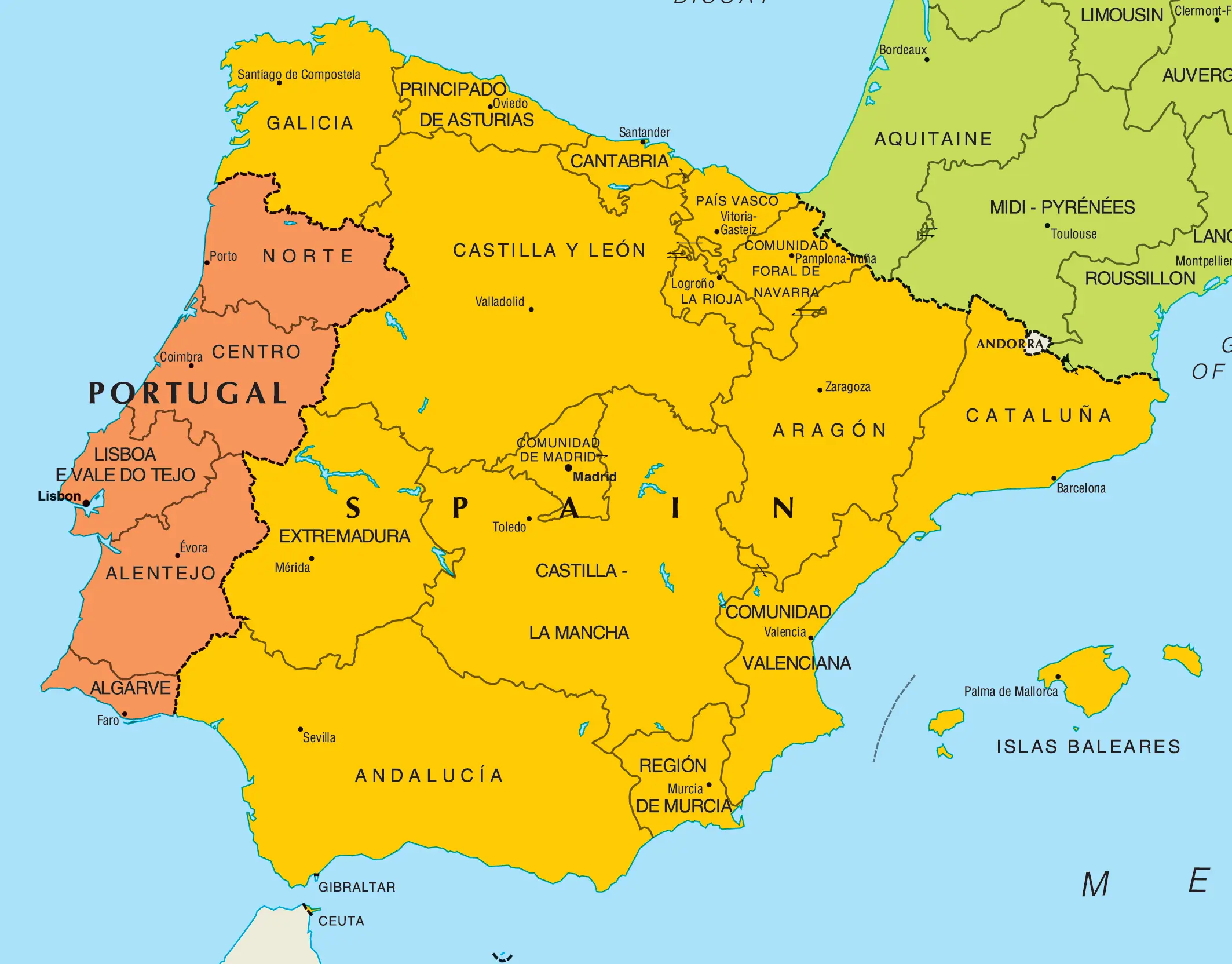Portugal will hold a pivotal election on Sunday, March 10, 2024. The nation will select 230 Assembly of the Republic members.
This vote will determine the successor to Prime Minister António Costa from the Socialist Party (PS).
Costa, who has led since 2015, planned to serve until 2026 after a 2022 victory. However, an investigation into green energy projects prompted his resignation in November 2023.
Consequently, President Marcelo Rebelo de Sousa dissolved the Assembly, prompting new elections.
With Costa stepping down, Pedro Nuno Santos, his deputy, emerged as the new PS leader. Santos will become Prime Minister if PS wins.

The PS faces stiff competition from the Democratic Alliance (AD), comprising several right-leaning parties led by Luís Montenegro.
José Adelino Maltez, a political scientist, points out the rise of Chega, a right-wing party, as a new political force.
Founded in 2019, Chega quickly gained seats, disrupting the traditional political balance.
Election Dynamics:
Surveys indicate neither side can govern alone, sparking last-minute appeals for strategic voting.
Santos suggests a return to the “geringonça” coalition, urging left-leaning voters to support PS.
The “geringonça” included PS, CDU, and BE, demonstrating previous successful cooperation.
The PAN party, led by Inês Sousa Real, criticizes both PS and PSD, suggesting a third perspective.
AD, eyeing a coalition with the Liberal Initiative (IL), debates partnering with Chega. Montenegro has publicly rejected such an alliance.
Surveys show that 16% of voters were undecided, highlighting the unpredictable nature of this election.
Maltez speculates on three potential political blocs emerging post-election.
He suggests economic and European pressures may force cooperation across the political divide to prevent government instability.
Campaign Themes:
The campaign focuses on housing, health, and education, areas where Portugal faces longstanding challenges.
Santos and Montenegro present contrasting visions for Portugal’s future, with Santos advocating for continuity with change and Montenegro pushing for a new direction.
Key Candidates:
Pedro Nuno Santos, a seasoned politician with government experience, represents the PS. Luís Montenegro, a lawyer with extensive parliamentary experience, represents the AD.
This election is more than a local event; it signifies the evolving dynamics of Portuguese politics and its implications for the nation’s future governance.

